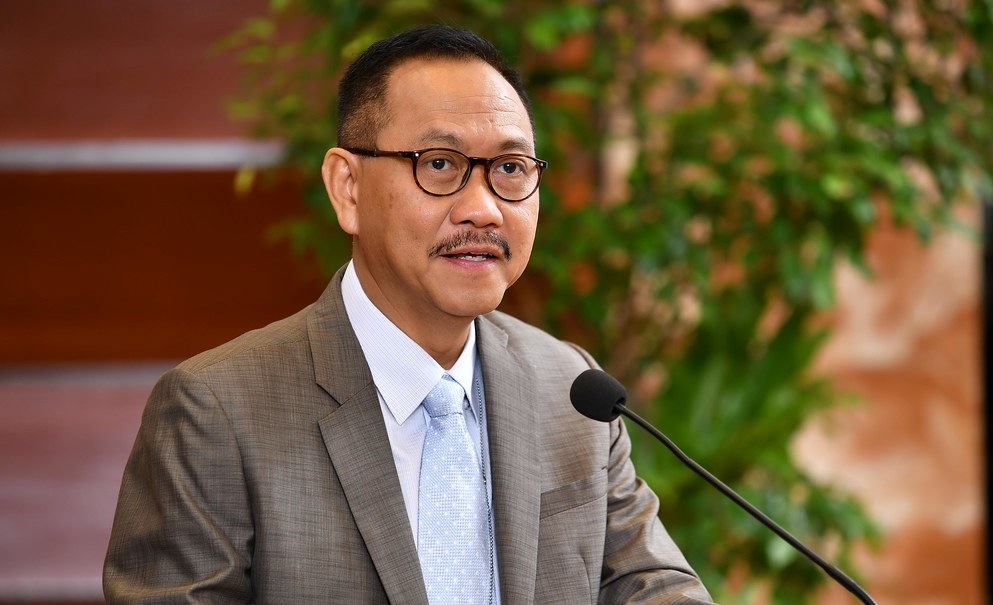JAKARTA, THENUSANTARAPOST.COM – The 29th Conference of the Parties (COP29) to the United Nations Framework Convention on Climate Change (UNFCCC) in Baku, Azerbaijan, starting on Monday, November 11, 2024, will focus on enhancing national emission reduction targets (NDCs), securing climate finance, and building resilience in areas vulnerable to climate change.
Indonesia is currently in the process of resubmitting its updated NDC. In the last NDC (2022), Indonesia committed to reducing carbon emissions by 915 million tons of CO2 equivalent, or 31.89% of its projected emissions by 2030. With international support and cooperation, Indonesia aims to increase its commitment to 1.24 billion tons of CO2 equivalent, or 43.2% of its projected emissions by 2030.
The NDC document was prepared by the Ministry of Environment and Forestry under the previous administration, with a deadline for submission by the end of 2024. Nadia Hadad, Executive Director of the Madani Berkelanjutan Foundation, expressed hope that the new NDC would include clear commitments to vulnerable communities.
“Sixty-four organizations have submitted inputs to the government to define vulnerable communities in the second NDC,” said Nadia during a Climate Report discussion ahead of COP29 in Jakarta on November 8, 2024. “This definition should explicitly mention indigenous people, women, children, farmers, fishermen, and disabled groups, as it will have direct implications on subsequent policies.”
Tory Kuswardono, Executive Director of the Pikul Foundation, emphasized that COP29 would serve as a milestone for raising national NDC contributions. “Based on current calculations, the Paris Agreement’s target to limit global temperature rise to 1.5°C will not be met, so countries need to ensure their NDCs align with this target or update them with more aggressive goals,” said Tory.
The Need for Global Climate Finance
Addressing climate change globally requires significant financial investment. “The standing committee estimates that the global climate finance needs will reach US$8 trillion per year until 2030,” added Tory. This figure replaces the original target of US$100 billion annually set in COP15 in Copenhagen in 2009. “This estimate shows an increasing and escalating need for funds,” Tory explained.
Climate finance encompasses not only mitigation and adaptation but also loss and damage to natural resources and biodiversity. Tory also pointed out that the world needs to critically assess investments that harm the environment. A 2003 report by the UN Environment Programme (UNEP) revealed that nature-based solutions received only US$200 million in investment, compared to US$7 trillion in public and private investments that have led to environmental and biodiversity degradation.
“We need reforms in the global finance architecture,” Nadia stressed, highlighting that climate adaptation funding should not be provided in the form of loans. She also pointed out the lack of clear guidelines on who is responsible for covering the costs of loss and damage and environmental protection.
Eka Melisa, Director of Climate Change at the Partnership, emphasized that Indonesia should also consider the role of BRICS countries, especially since President Prabowo Subianto’s administration has expressed interest in joining the group. “We need to consider the climate finance constellation, who is financing it, and how we can leverage the economic networks of BRICS countries for Indonesia’s benefit,” Eka said.
BRICS is an economic organization of developing countries initiated by Brazil, Russia, India, China, and South Africa, which seeks to reshape the global financial system, currently dominated by Western countries.
The victory of Donald Trump in the US presidential election is expected to impact global climate finance policies. Trump has long been skeptical of climate change and withdrew the United States from the Paris Agreement during his previous term.
On the other hand, the new Indonesian government has set a target of 8% economic growth over the next five years. One of the key areas the government is focusing on includes bioethanol policies and carbon trading.
As COP29 approaches, Indonesia is preparing to make crucial decisions on its emission targets and climate finance strategy to align with global climate goals (Marwan)




